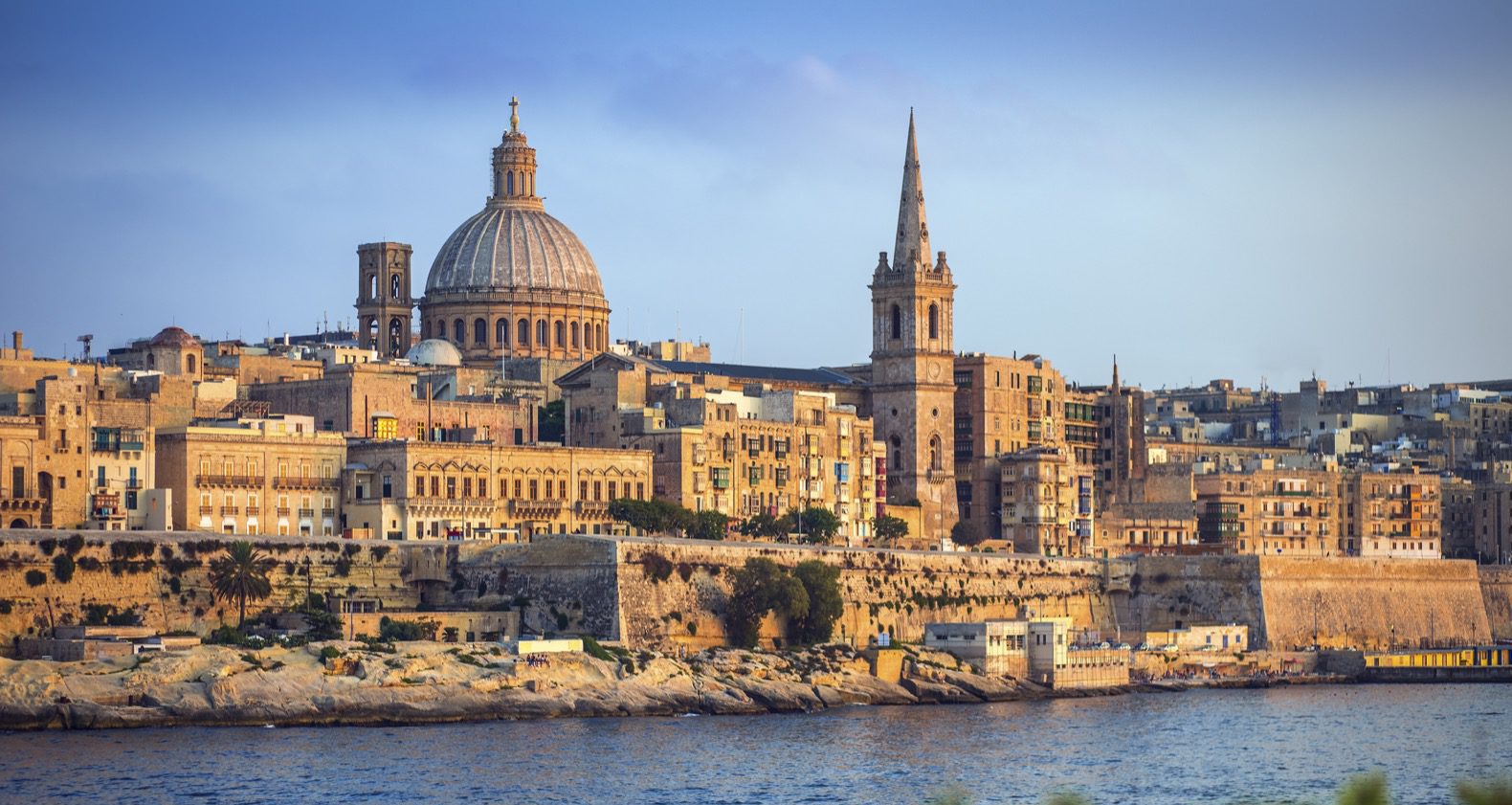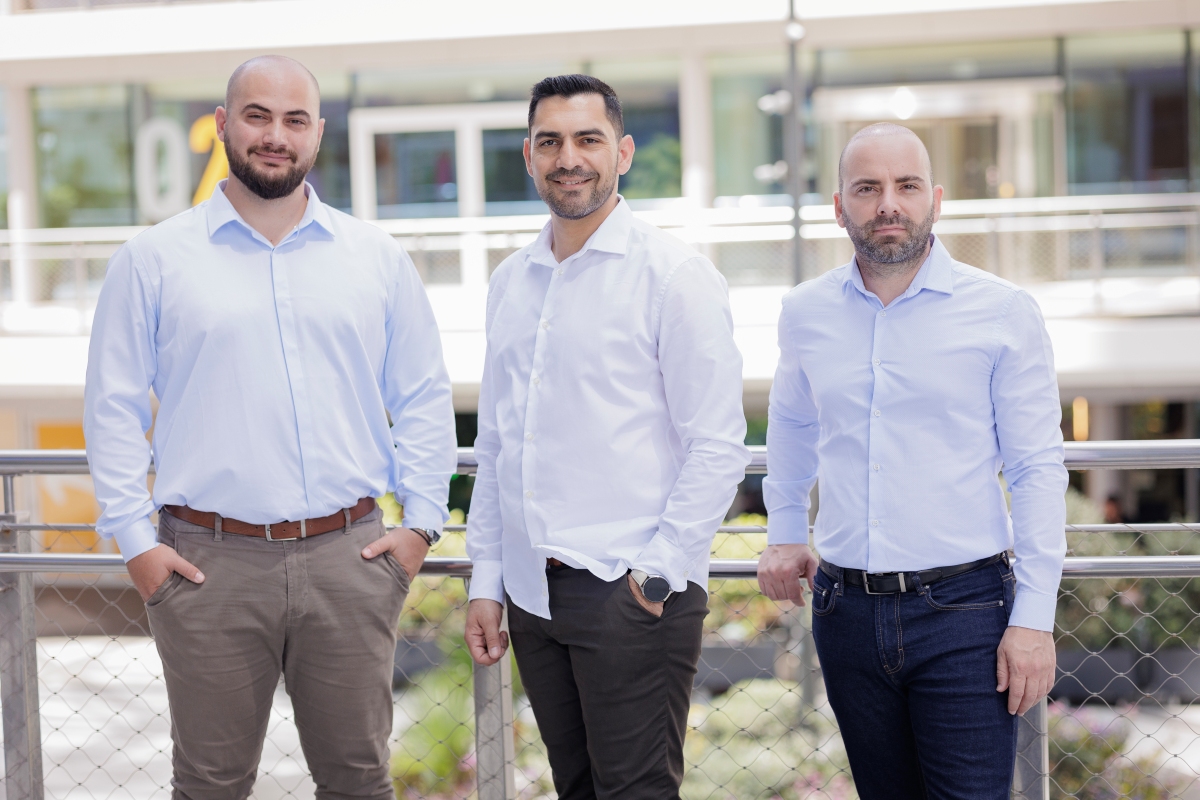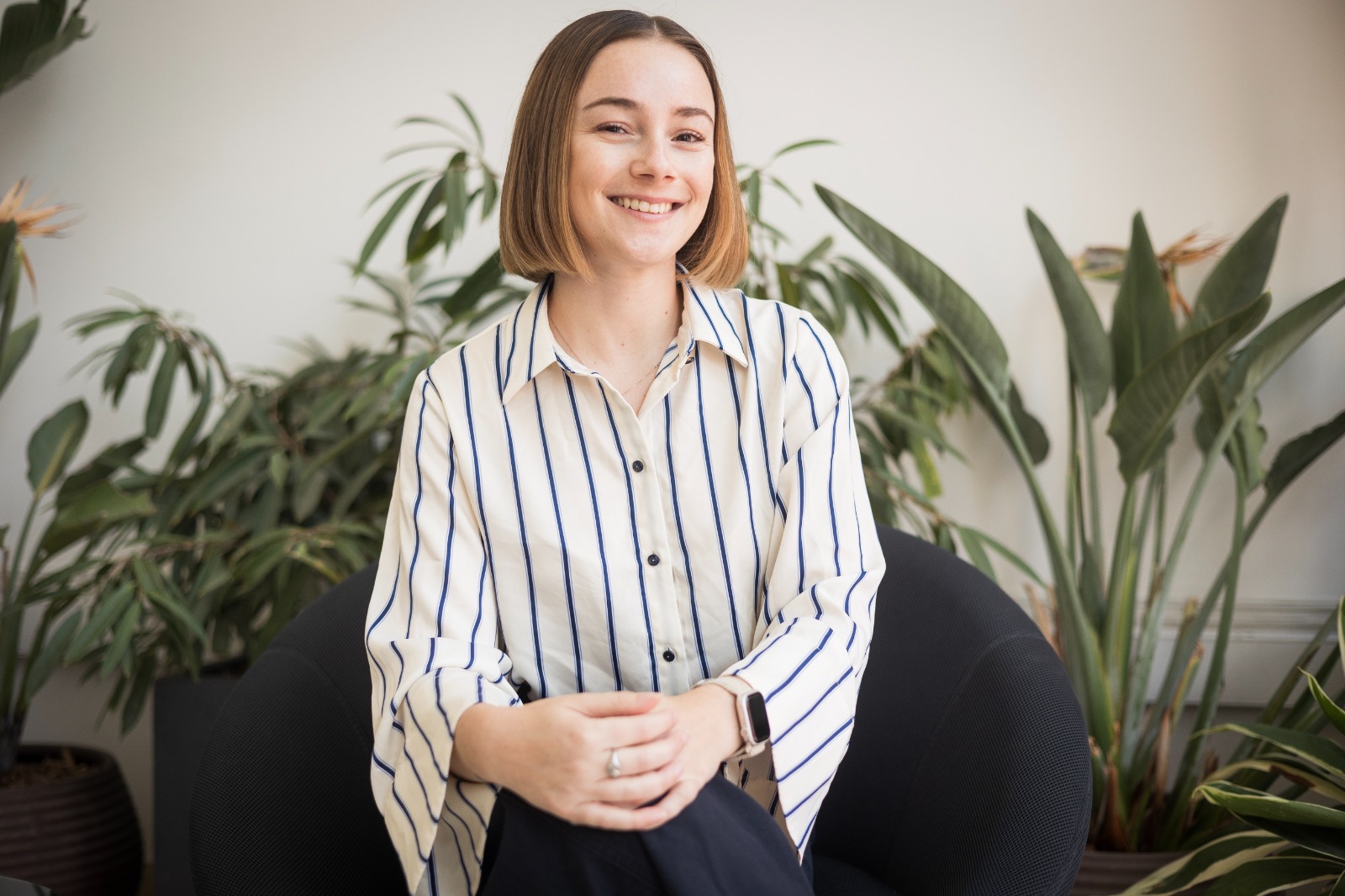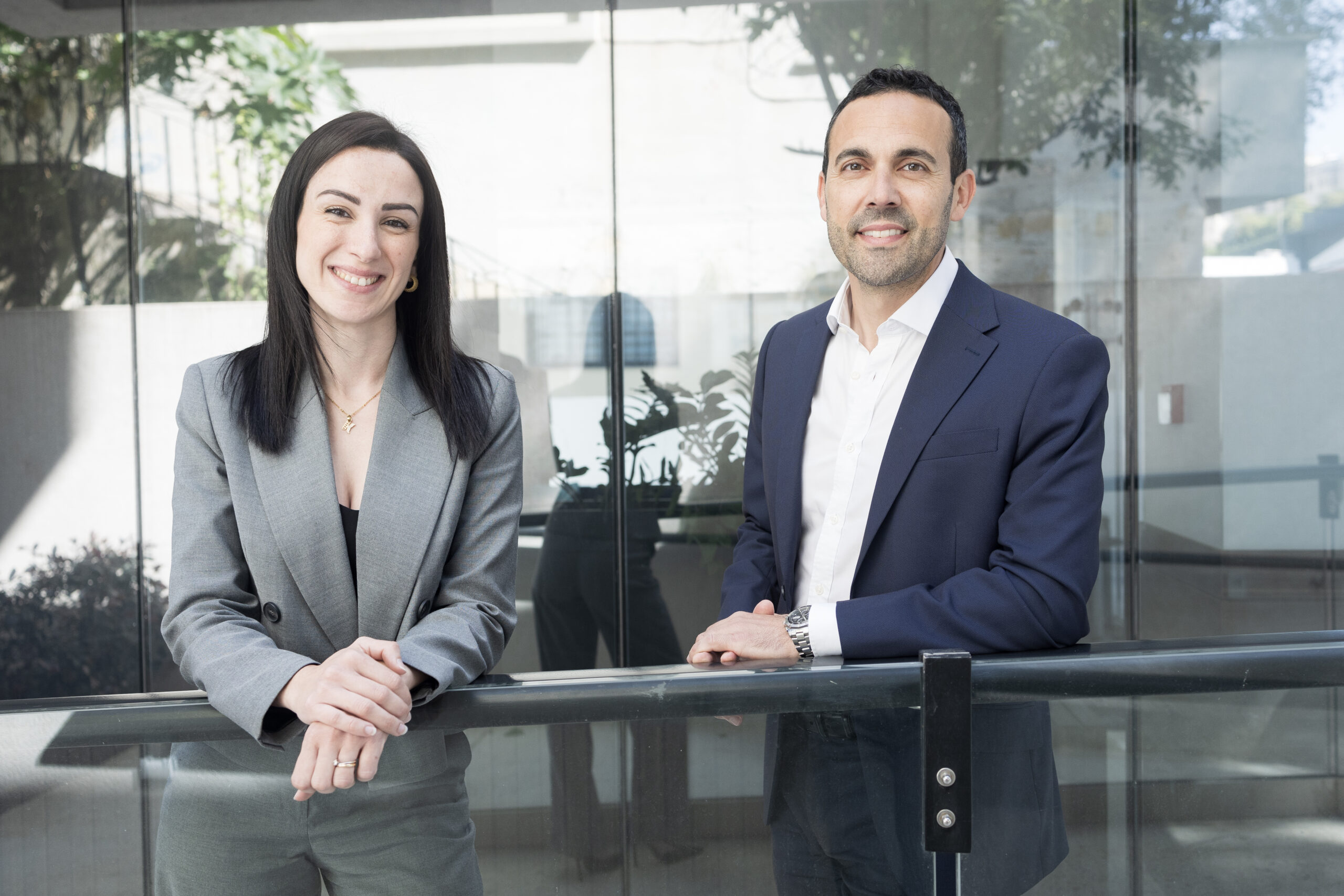Economists Dr Gordon Cordina and Dr Stephanie Fabri, two of the leading economists in Malta, have endorsed the creation of an economic vision that businesses and investors can look to for an indication of where Malta is headed as a country.
Speaking on today’s episode of The Boardroom, recently-appointed Bank of Valletta Chairman Dr Cordina told host Jo Caruana that, “Such a vision allows businesses to see how they can contribute, and allows people to invest in a more secure manner, overcoming, to an extent, the inherent uncertainty of the current situation.”
Dr Cordina, who is one of Malta’s most established economists, active in national and international consultancy assignments, and contributor to the media, said that businesses need guidance and a degree of certainty about the kind of environment they will be operating in over the next five to 10 years.
Dr Fabri, an economist and lecturer at the University of Malta focused on entrepreneurship, strategic management and public policy, agreed, saying that a State-backed plan for the future would allow businesses to decide on the kind of investments they should be looking for.
“We need a vision that is very detailed and that looks at all aspects of the economy,” she said.
Such a vision should not mandate particular investments in particular areas, but should rather look at where we want Malta to be in the medium term so as to guide investment towards that goal.
He believes policymakers should look to answer these questions within the context of an overall plan of where we see our population going, its composition, the likely productivity requirements, and the likely demands to meet environmental standards and social targets.
The priority areas for such a vision, Dr Cordina and Dr Fabri agreed, should be “those that we have been talking about for decades” but in which progress has been slow.
They mentioned sustainable development as “our key competitiveness factor”, pointing to the improvement of the quality of our living spaces, the building of a tourism model – quickly now – which is on a lower volume but of a higher quality, going digital, reducing our dependency on carbon.
Businesses will not be able to do this on their own. They need to be prepared for all this but also need to be comforted that they will be doing this in an environment where economic policy as a whole is supporting this overall thrust of building on sustainable development to overcome our present problems.
This thrust will create opportunities, which Dr Cordina will involve the acceleration of many of the programmes in discussion for many years, including the improvement of our living spaces, efforts to reduce dependence on fossil fuels, and the shift to digital, along with the previously mentioned change in the tourism model.
“We have been discussing these for decades,” he said, “but the pandemic compels us to tackle these in a very determined manner.”
Dr Fabri added that education, especially for adults needing reskilling, upskilling, or multiskilling, land planning and waste management are other area requiring prioritisation, “in order to do what we should have done many years ago”.
“We cannot afford complacency on any of these issues anymore,” she said.
Turning to individual businesses, both economists agreed that the best way forward is to prepare for the worst while being flexible and ready to take advantage eof any opportunities that present themselves.
“Companies should avoid irrational exuberance,” said Dr Fabri. “They should prepare for the worst possible outcomes so that they have a plan on how to proceed should the situation turn out to be worse than we can handle over the next few months.
“On the other hand,” she continued, “being prepared for the worst should not lead us into a situation of irrational pessimism, so while thinking for the worst you should also be preparing for opportunities that may present themselves going forward.”
Dr Cordina noted that stronger businesses would be best suited to take up such opportunities, as they could rely on past reserves and established networks with other businesses, clients and policymakers.
“Businesses should prepare for both risks and opportunities,” he concluded.
Dr Fabri closed by encouraging businesses to focus on their workforce, improving it with the right education and investing in R&D.
“Those are the areas we need to focus on to improve our competitivity, so that when we get out of this crisis we can attract the right investment.”
Malta’s next leap: Secured
How ESET delivers enterprise-grade security to meet Malta’s digital ambitions
Mastering the language of business: How BELS is crafting bespoke training for a dynamic economy
BELS Malta Director of Studies Arianna Muscat on how the language school helps companies equip their teams for success.
Built differently – CLA Malta offers custom solutions in a cookie-cutter landscape of tax advisory and business
Their client-centric philosophy extends far beyond conventional consultancy.






